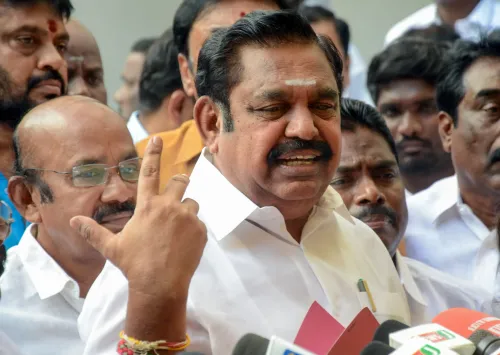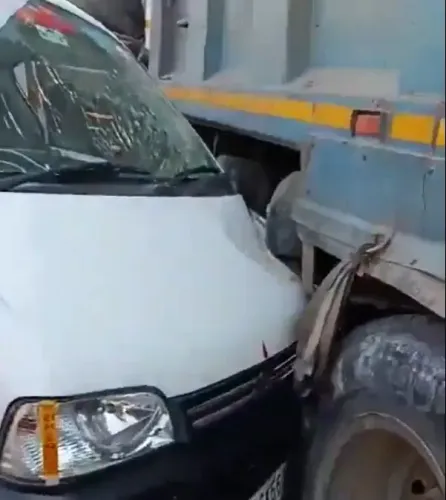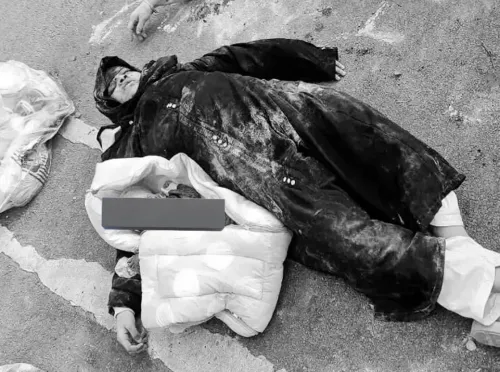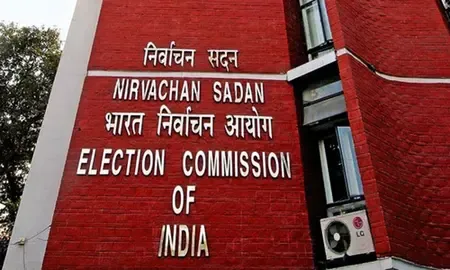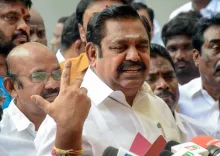Why Did the K'taka High Court Nullify the State's Direction to Withdraw 43 Criminal Cases?
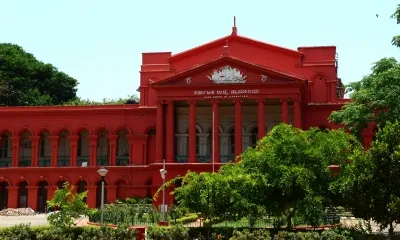
Synopsis
Key Takeaways
- Karnataka High Court's ruling reinstates 43 criminal cases.
- Government's attempt to withdraw cases questioned.
- Judicial independence emphasized in the ruling.
- Implications for justice and accountability in government actions.
- Public Interest Litigation played a crucial role in the decision.
Bengaluru, May 29 (NationPress) In a significant blow to the Karnataka administration, the High Court has overturned the state's decision to retract 43 criminal cases, notably those connected to the 2022 Hubballi police station riots.
The Karnataka High Court Bench, led by Chief Justice N.V. Anjaria and Justice K.V. Aravind, issued this ruling, nullifying the state’s directive to prosecutors regarding the withdrawal of these cases.
A Public Interest Litigation (PIL) was filed by advocate Girish Bharadwaj, contesting the Government Order (GO) on this matter.
The High Court has entirely invalidated the state government's order to withdraw the cases, rendering it null from its inception. Consequently, all 43 criminal cases — including those linked to the Hubballi riots — are poised to proceed as if they were never retracted.
The cases targeted for withdrawal included those against leaders of farmers' groups and Kannada activists, in addition to cases against individuals implicated in the Hubballi riot incident.
Petitioner Bharadwaj argued before the court that the state lacks the authority to direct Public Prosecutors to withdraw criminal cases, as they retain the ultimate decision-making power under Section 321 of the CrPC, which allows for case withdrawals.
He also emphasized that the Department of Law, the Government Litigations Department, and Prosecution had all advised against the attempt to withdraw criminal cases involving charges of rioting, attempted murder, and assaults on police personnel.
The petition specifically highlighted the Hubballi riot case.
This unrest followed an inflammatory social media post, leading an agitated crowd to vandalize police property and hurl footwear at the police station.
The petition indicated that the government's actions raised suspicions about its motives.
“The 43 cases were selectively chosen. Prominent figures, including former ministers, legislators, and heads of influential organizations, are involved,” the petition asserted.

